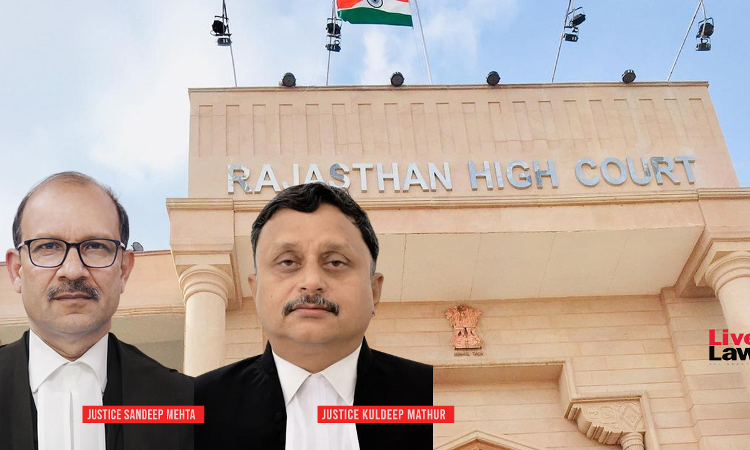Child Born From Second Wife Of A Deceased Employee Eligible For Compassionate Appointment: Rajasthan High Court
Sparsh Upadhyay
20 Nov 2022 12:45 PM IST

Next Story
20 Nov 2022 12:45 PM IST
The Rajasthan High Court (Jodhpur Bench) has observed that a child who was born from the second wife of the deceased employee is eligible for a compassionate appointment.To arrive at the conclusion, the bench of Justice Sandeep Mehta and Justice Kuldeep Mathur relied upon the Supreme Court's recent ruling in the case of Mukesh Kumar vs Union of India 2022 LiveLaw (SC) 205 wherein it was...
